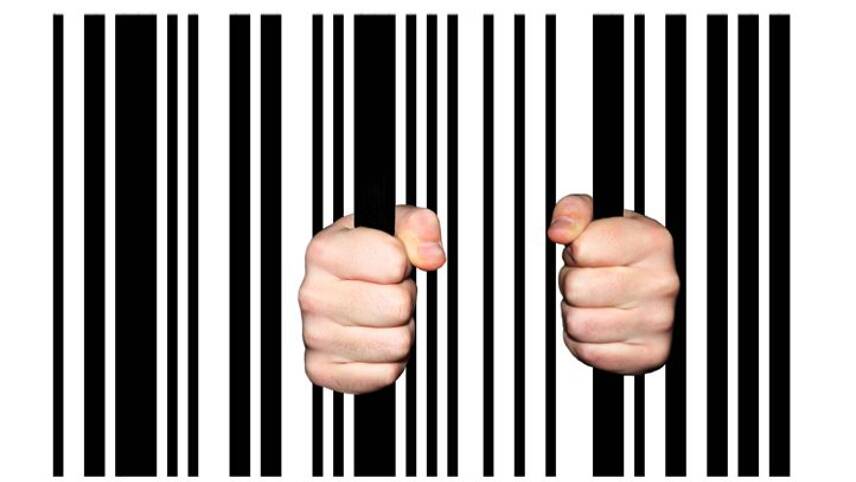Register for free and continue reading
Join our growing army of changemakers and get unlimited access to our premium content

Slavery did not end with abolition in the 19th century. There are currently 300 live police operations targeting this crime, which affect all types of communities across every part of the UK. With an estimated 10,000-13,000 victims in the UK being just the “tip of the iceberg”, we all have a duty to play a part in ending modern slavery both here and abroad.
The BRC’s members, retailers across the country, have been taking action to improve labour practices for years, through codes of practice, social audits, supplier contracts, training and collaborations. We run regular meetings to share knowledge and best practice and hear from experts on the subject. Modern slavery is the most extreme form of labour exploitation and our members know that tackling this is the right thing to do and that their customers expect this of them. Without a concerted effort, it will continue and expand.
BRC-led efforts, in partnership with the Ethical Trade Initiative and others, to ensure the Modern Slavery Bill (now Act) included a requirement on companies to publicly state the steps they are taking each year to tackle modern slavery. Why? Because without a doubt, modern slavery is taking place in retail supply chains. It’s been uncovered on Thai fishing vessels that catch the feed for prawns destined for the UK market, on mines in West Africa supplying the metals for our phones, and in bed-making factories right here in the UK.
The landmark Modern Slavery Act legislation has brought the issue to the attention of the most senior people in companies. In all likelihood your CEO has already signed off your company’s first Transparency in Supply Chains statement and it will be published on your website with a link from your homepage for all to see.
Whilst the legislation is a great step forward, its impact is limited by two notable weaknesses.
Firstly, not even the Government knows who all of the companies required to make a statement are. Without this, how can they ensure companies are compliant and how can the public and media know which companies to hold to account?
Secondly, public bodies responsible for billions of pounds’ worth of procurement are excluded from having to provide a statement. This is a missed opportunity to drive change through supply chains. The more organisations taking action, the greater the chance we have of ending modern slavery.
Thankfully, a campaign has been launched to make these improvements and more, through a Private Members Bill put forward by Baroness Young. Once again, BRC will support this and we want to work with other like-minded organisations.
Already, developments are afoot to bring the Modern Slavery Act to other countries too. The Australian Government is considering it, with backing from alliances of progressive businesses and a number of European countries are introducing their own legislation.
Here in the UK, with our members we are continuing efforts to tackle this crime through multi-stakeholder initiatives, such as Stronger Together and the Construction Industry Modern Slavery Charter, and we are helping our members understand their stakeholders’ expectations when it comes to reporting.
An inhumane practice we thought had ended 200 years ago is likely present now in our neighbourhoods, or the countries from which we purchase our goods. Our responsibility as businesses and citizens is to do what we can to stop this today.
Peter Andrews, sustainability policy adviser, BRC
edie sector summary report: The state of sustainability in retail
This blog firsat appeared within edie’s latest sector summary report, which outlined the key drivers, challenges and opportunities facing sustainability professionals in Britain’s retail industry.
The 17-page report, produced with support from the BRC, provides readers with an end-to-end overview of the state of sustainability in retail.
Download the report for free here.




Please login or Register to leave a comment.